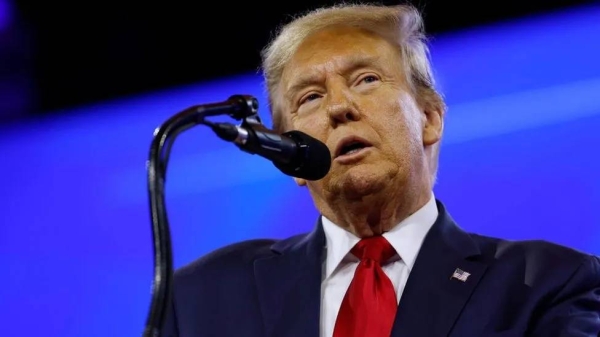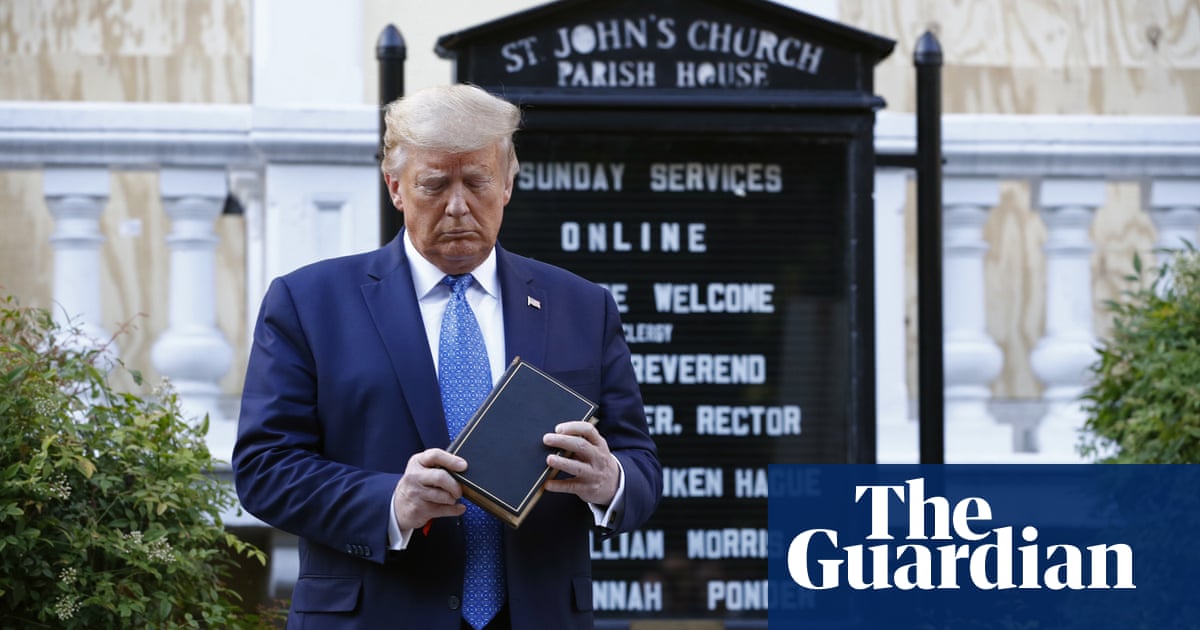
Donald J. Trump shocked the world in 2016 by winning the White House and becoming the first president in US history with no prior military or government experience. He upended the fiction of electability pushed by pundits, the news media and many political consultants, which arrogantly projects who will or will not win long before votes are cast. He focused instead on capturing a majority in the Electoral College, which is how a candidate does or does not win.
Not unlike Barack Obama eight years earlier, Mr. Trump exposed the limits of Hillary Clinton’s political inevitability and personal likability, connected directly with people, ran an outsider’s campaign taking on the establishment, and tapped into the frustrations and aspirations of millions of Americans.
Some people have never gotten over it. Trump Derangement Syndrome is real. There is no vaccine and no booster for it. Cosseted in their social media bubbles and comforted within self-selected communities suffering from sameness, the afflicted disguise their hatred for Mr. Trump as a righteous call for justice or a solemn love of democracy and country.
The obsession with Mr. Trump generates all types of wishful thinking and projection about the next election from both his critics (“He will be indicted!”) and his supporters (“Is he still electable?”). None of that is provable, but this much is true: Shrugging off Mr. Trump’s 2024 candidacy or writing his political obituary is a fool’s errand — he endures persecution and eludes prosecution like no other public figure. That could change, of course, though that cat has nine lives.
At the same time, it would also be foolish to assume that Mr. Trump’s path to another presidency would be smooth and secure. This is not 2016, when he and his team had the hunger, swagger and scrappiness of an insurgent’s campaign and the “history be damned” happy warrior resolve of an underestimated, understaffed, under-resourced effort. It’s tough to be new twice.
Unless what’s old can be new again. Mr. Trump’s track record reminds Republican primary voters of better days not that long ago: accomplishments on the economy, energy, national security, trade deals and peace deals, the drug crisis and the southern border.
He can also make a case — one that will resonate with Republicans — about the unfairness and hypocrisy of social media censorship and alleged big tech collusion, as recent and ongoing revelations show.
Mr. Trump, as a former president, can also be persuasive with Republican primary voters and some independents in making a frontal attack on the Biden administration’s feckless management of the economy, reckless spending and lack of urgency and competence on border control and crime.
Accomplishing this will not be easy. Mr. Trump has both political assets to carry him forward and political baggage holding him back. For Mr. Trump to succeed, it means fewer insults and more insights; a campaign that centers on the future, not the past, and that channels the people’s grievances and not his own; and a reclamation of the forgotten Americans who ushered him into the White House the first time and who are suffering economically under Mr. Biden.
A popular sentiment these days is, “I want the Trump policies without the Trump personality.” It is true that limiting the name-calling frees up time and space for persuasion and solutions. Still, it may not be possible to have one without the other.
Mr. Trump would remind people that it was a combination of his personality and policies that forced Mexico to help secure our border; structured new trade agreements and renewed manufacturing, mining and energy economies; pushed to get Covid vaccines at warp speed; engaged Kim Jong-un; played hardball with China; routed ISIS and removed Qassem Soleimani, Iran’s most powerful military commander; forced NATO countries to increase their defense spending and stared down Mr. Putin before he felt free to invade Ukraine.
When it comes to Donald J. Trump, people see what they wish to see. What some perceive as an abrasive, scornful man bent on despotism, others see as a candid, resolute leader unflinchingly committed to America’s interests.
The case against Trump 2024 rests in some combination of fatigue with self-inflicted sabotage, fear that he cannot outrun the mountain of legal woes, the call to move on, a feeling that he is to blame for underwhelming Republican candidates in 2022 and the perception that other Republicans are less to blame for 2022 and have more recent records as conservative reformers.
He also won’t have the Republican primary field — or the debate stage — to himself. If one person challenges Mr. Trump, it is likely five or six will jump into the race and try to test him, too.
Possible primary challengers to Mr. Trump include governors with impressive records and huge re-election victories like Ron DeSantis of Florida, Kim Reynolds of Iowa and Greg Abbott of Texas; those who wish to take on Mr. Trump frontally and try to move the party past him, like Gov. Brian Kemp of Georgia and former Gov. Chris Christie of New Jersey.
There are those who can lay legitimate claim to helping realize Trump-era accomplishments like former Vice President Mike Pence and former Secretary of State Mike Pompeo; and others who wish to expand the party’s recent down-ballot gains in racial diversity to the presidential level, like former Gov. Nikki Haley and Senator Tim Scott, both of South Carolina.
Whether the 2024 presidential election is a cage match rematch of Mr. Biden and Mr. Trump or a combination of other candidates remains to be seen.
Each of them has defied the odds and beat more than a dozen intraparty rivals to win their respective primaries. Each of them now faces calls for change, questions about the handling of classified documents and questions about age.
For voters, vision matters. Winning the presidency is hard. Only 45 men (one twice) have been president. Hundreds have tried, many of them being told, “You can win!” even as they lost. Success lies in having advisers who tell you what you need to know, not just what you want to hear. And in listening to the people, who have the final say.
The New York Times











